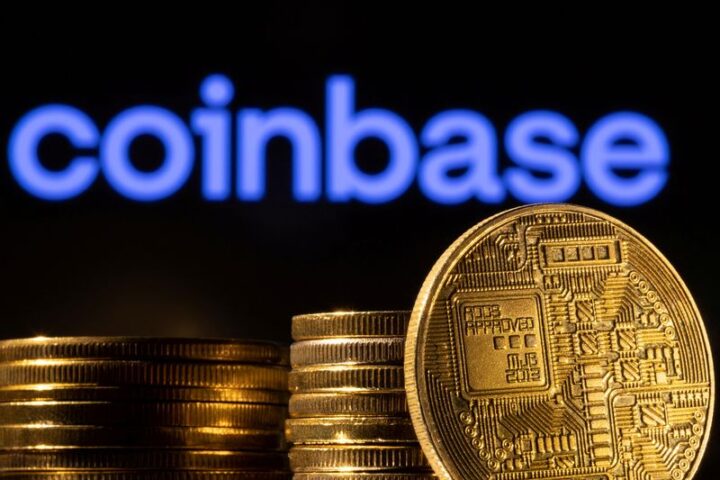The Indian government’s decision to levy a 28% tax on online gaming has raised concerns about the future of the industry, with experts suggesting it poses an “existential threat” and could lead to its demise. Shares of Indian online gaming platforms and casinos have plummeted following the announcement, as the tax would now apply to the full face value of gaming transactions. This move has prompted worries about disincentivizing players, damaging investor confidence, and potentially boosting illicit operators. Let’s delve into the details and explore the implications of this tax decision on India’s thriving online gaming sector.
Main Body:
The introduction of a 28% tax on online gaming by the Goods and Services Tax (GST) Council in India has sparked fears of an “existential threat” to the industry, according to experts. Previously, Indian gaming startups paid a small tax on the fees charged for offering games. However, the imposition of the 28% GST on the entire amount collected from players means that the tax burden will increase significantly.
Industry estimates suggest that the total tax collection on player winnings will surpass 50%, encompassing GST, platform commissions, and income taxes when the new law is implemented. As a result, for every $100 spent by a player, there will be a “sunk cost” of $28 toward GST, in addition to platform charges of $5-15 and a 30% tax deduction at source on winnings.
The sudden imposition of this tax has caught the gaming industry off guard, blindsiding stakeholders and potentially shaking investor confidence. Experts argue that such a tax structure disincentivizes players and is not aligned with global standards, where VAT or GST is typically levied on platform fees or commissions alone.
India’s online gaming industry has experienced remarkable growth over the past five years, with an annual compounded growth rate of 28-30%. This growth has been driven by factors such as affordable smartphones, cheap mobile data, and substantial foreign direct investment. However, the imposition of the 28% GST is expected to impact the sector’s growth rates, user base, revenues, and investor sentiment.
Experts warn that the new tax decision could lead many gaming companies to consider relocating their operations outside India to mitigate the impact on investors. Some stakeholders argue that this single stroke has jeopardized a multibillion-dollar industry, while simultaneously potentially benefiting illegal operators in the country.
Industry bodies and gaming companies have criticized the decision, calling it unconstitutional, irrational, and detrimental to the sector’s growth. They argue that the government has disregarded legal precedents by equating online skill gaming with gambling activities, despite most states allowing skill-based online games.
The consequences of the tax decision could be significant, with hundreds of thousands of job losses predicted in the online gaming sector. The industry currently employs 50,000 people, with projections of creating an additional 350,000 direct and 1,000,000 indirect jobs by 2028.
Some experts believe that the ruling lacks consistency and undermines the government’s support for the gaming industry, hindering its potential to contribute to India’s digital economy. They anticipate that the gaming industry will unite to mount a strong legal challenge if the proposed tax amendments are enacted into law.
However, Indian authorities have stated that the decision is unanimous and will not be reviewed or rolled back, despite concerns raised by industry stakeholders and experts.
Conclusion:
The Indian government’s imposition of a 28% tax on online gaming has raised concerns about the industry’s future, with experts warning of its potential demise. The tax, which applies to the full face value of gaming transactions, has triggered a decline in share prices and prompted worries about its impact on players, investor confidence, and the rise of illicit operators. The sudden introduction of this tax structure is seen as disincentivizing players and deviating from global standards. The gaming industry, facing potential funding challenges and job losses, is expected to mount a legal challenge against the tax decision. As the situation unfolds, stakeholders will continue to advocate for a reconsideration of the tax to support the growth and sustainability of India’s online gaming sector.









